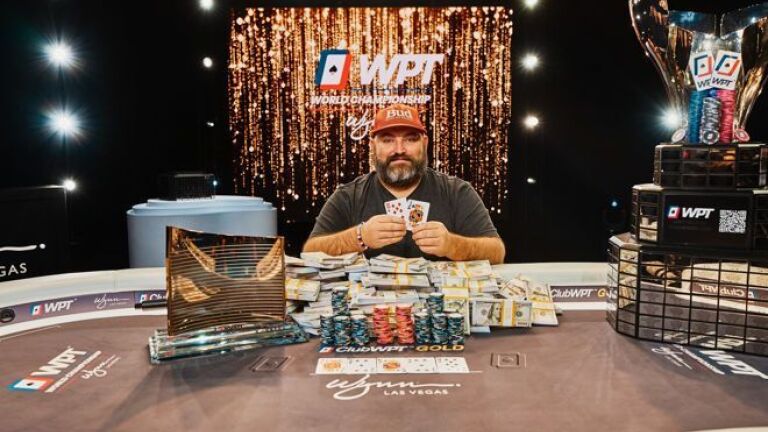
That means that a lot of their attention will focus on remembering the rules and some basic strategies of play. However, one of the most crucial skills that anyone needs to learn in poker is the art of reading the opponent. Remember that one of the most unique characteristics of poker as a casino game is that it doesn’t merely rely on chance. It’s a game with a competitive component and relies a lot on strategy. In this article, we are going to go over some of the best practices and tips to help you become better at reading your opponent.
Poker is quickly becoming one of the most popular gambling attractions in online casinos and traditional land-based establishments. But it’s important that people develop the foundational skills of the game if they ever want to see drastic improvements that will result in winnings in the long run.
The Eyes Tell a Story
The general rule of thumb is that if a person is comfortable with making eye contact, it’s likely that they’ve got a strong hand. If it seems like they’re nervous and they’re more inclined to look away, then it’s likely that they’ve got a weak hand and they want to try to hide this fact from you.
Timing is Everything
Timing is also a very important thing to take note of. If a person bets, checks, or just generally asks quickly, then it’s likely that they don’t have as strong a hand as you think they do. They’re acting quickly because they don’t want to have the attention of other people on them. They want to keep the round moving along so that no one will get a chance to notice that they’re bluffing. However, a person who is more methodical and intentional with their approach and who takes their time is likely to have a stronger hand.
Feeling Fidgety
Another way to tell whether a person is nervous about a hand is whenever they’re fidgeting with something. A lot of the time, people will fidget with their cards and their chips whenever they play. However, those people who fumble with their cards or chips may be the ones who are nervous because they have weak hands.
Table Talk
Talking is always tough but some players are just naturally talkative. However, some players who are normally quiet may start talking more when they become more comfortable. This is often a sign that they have a strong hand and that you might want to take things slowly with them.
Conclusion
These are just some of the very basic principles that come with learning to read an opponent in poker. As your opponents get more skilled and talented, the harder they become to read. But learning how to read opponents is ultimately what separates the good from the bad in poker. Obviously, if you want to come out on the winning end of your hands, it’s essential that you master these skills early on.

















